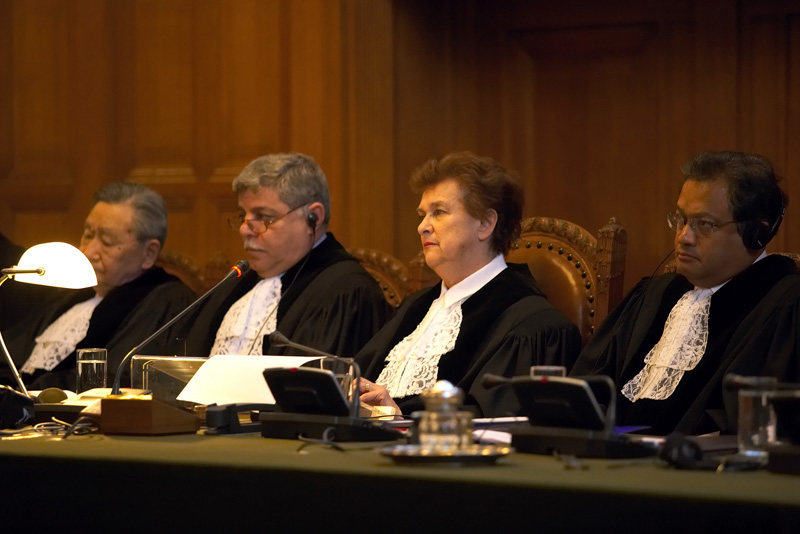Judgment and Order are two different legal terms. Judgment refers to the final decision of a judge, which closes a lawsuit or case, whereas an order does not end a case or clear a prosecution. This article aims to explore the differences between the two words while gaining a better understanding of each term.
What is a Judgment?
A judgment is the final decision of a judge that closes a lawsuit or case and clears a prosecution. The content of a judgment includes the conditions to be followed in connection with resolutions for controversies, details regarding charges and penalties to be paid by the parties, and other obligations. It also states who the winning party is. Judgments are pronounced and written down using a specific format, and they are considered documents that should be safeguarded. Judgments typically end court cases because they are pronounced after all factual presentations, questioning of evidence, interrogation, and other procedures related to the case. Hence, they are also called the final verdict.
What is an Order?
In contrast, an order does not end a case or clear a prosecution. A court order usually has a smaller content, which includes details regarding the date of the case. Unlike a judgment, a court order does not follow a specific format. A court order is not considered a document, and it is sometimes pronounced verbally by the judge in some cases. A court order is proclaimed by the court judge and establishes the connection between the involved parties in the concerned case. It dictates what has to be done by each of the parties in connection with the concerned case. If a court order is written down rather than pronounced, it would be signed by the court judge.
Key Takeaways
- Judgment is the final decision of a judge that closes a lawsuit or case, while an order does not end a case or clear a prosecution.
- Judgments follow a specific format and are considered documents, whereas court orders do not follow a format and are not considered documents.
- Judgments typically have larger content, including conditions, charges, penalties, and other obligations, while court orders have smaller content, usually only including the date of the case.
